Grosinger, Spigelman & Grey Wishes You Happy Father’s Day

July Is UV Safety Month
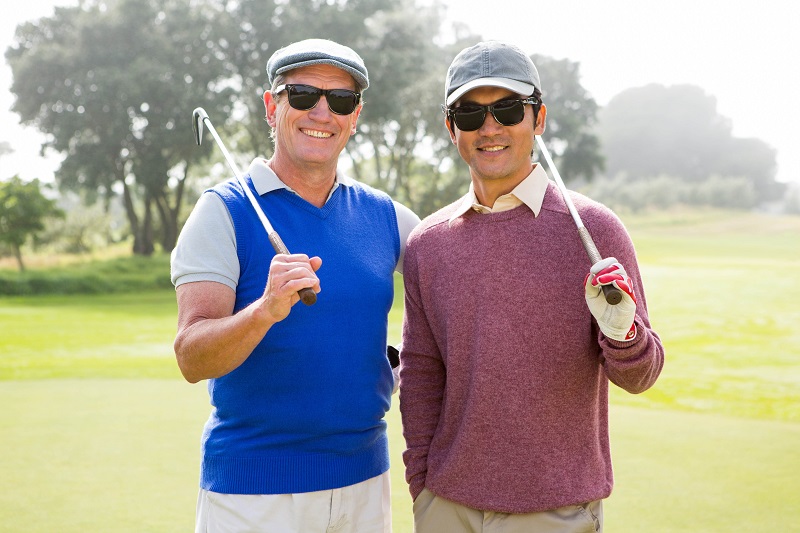
Don’t Forget to Protect Your Eyes
According to the U.S. Department of Health & Human Services (HHS) “The harmful ultraviolet rays from both the sun and indoor tanning sunlamps can cause many other complications besides skin cancer – such as eye problems, a weakened immune system, age spots, wrinkles, and leathery skin.”
UV exposure can cause cataracts, macular degeneration and corneal damage, and can even lead to blindness. There are things you can do today to help protect your eyes when you are outdoors or driving. How? When you are enjoying the sunshine, always wear wrap-around sunglasses with a 99% or higher UV block rating and a wide-brimmed hat.
Is LASIK Right for Me?
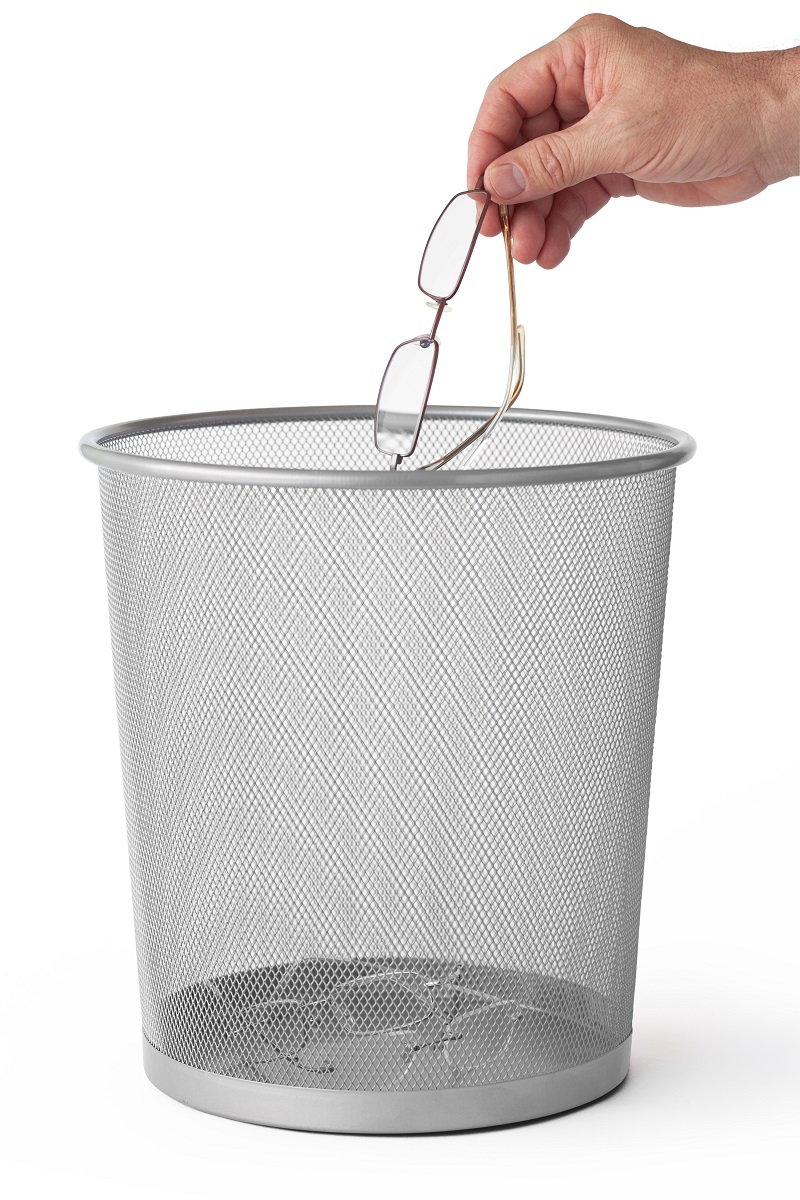
The LASIK procedure was developed for ophthalmic use in the early 80s and was approved by the FDA in 1995. A lot has changed since then. Is LASIK a safe way to correct your vision?
LASIK Has a High Patient Satisfaction Rate
Over 19 million LASIK surgeries have been performed in the United States. The procedure maintains a very high patient satisfaction rate. According to clinical data, over 95% of patients reported a positive response to the surgery. The rate of complications was under 1%, making it extremely safe for the majority of patients.
Different factors can affect results, which is why a medical professional should be consulted before undergoing LASIK. Your ophthalmologist can advise you on possible complications or if a preexisting condition could affect results.
LASIK May Be Safer Than Wearing Contacts
Did you know that LASIK surgery may be safer than wearing contact lenses? The procedure has been scrutinized through FDA clinical trials consisting of over 9,000 patients between 1993 and 2005. There are over 7,000 peer-reviewed studies that were published, all confirming that the surgery is safe and effective.
A recent analysis was performed that compared rates of infection between LASIK and soft contact lenses. There were three times more cases of microbial keratitis in patients who wore contacts compared to those who underwent LASIK.
Is LASIK the Best Choice for Me?
LASIK surgery works for many, but it isn’t a one-size-fits-all solution. Make sure you choose a treatment that is ideal for you based on health status and vision needs. Contact Grosinger, Spigelman & Grey located in Bloomfield Hills to schedule a LASIK consultation.
How to Best Protect Your Eyes While Playing Sports
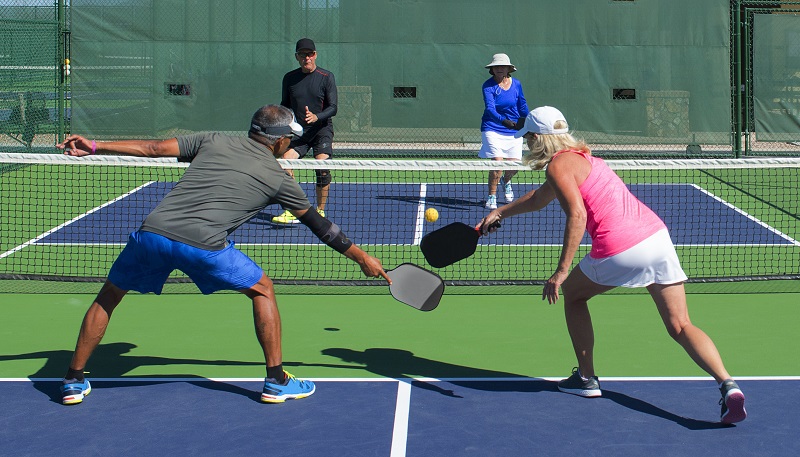
Sports can be lots of fun. They help people stay in shape, build coordination, and encourage teamwork. However, some activities can be hazardous to your eyes. An estimated $175 to $200 million is spent annually on sports eye injuries in the U.S. What can you do to protect your vision from injury on the field, court, rink, or wherever you play?
Wear Proper Sports Safety Gear
One of the best ways to avoid trauma is to wear proper safety gear. Polycarbonate lenses are recommended when engaging in high-impact activities. They are 10 times as resistant to impact as other similar materials. Statistics have shown that hockey players who wear adequate eye protection are four times less likely to suffer an injury. Along with eyewear, also remember to put on any other gear needed based on the sport you play. That includes a helmet, protective pads, and gloves.
What Do I Do If I Am Injured While Playing Sports?
A quick response is the best way to minimize the long-term effects of a sports eye injury. Seek medical advice immediately. An ophthalmologist can examine the eye and determine the extent of damage and best treatment option. It could mean the difference between a full recovery and losing your sight. If you have experienced a sports-related eye injury, go to the emergency room and then let us know. Quick action can save your sight.
Memorial Day 2019

In memory of our fallen heroes.
Why You Need to Blink
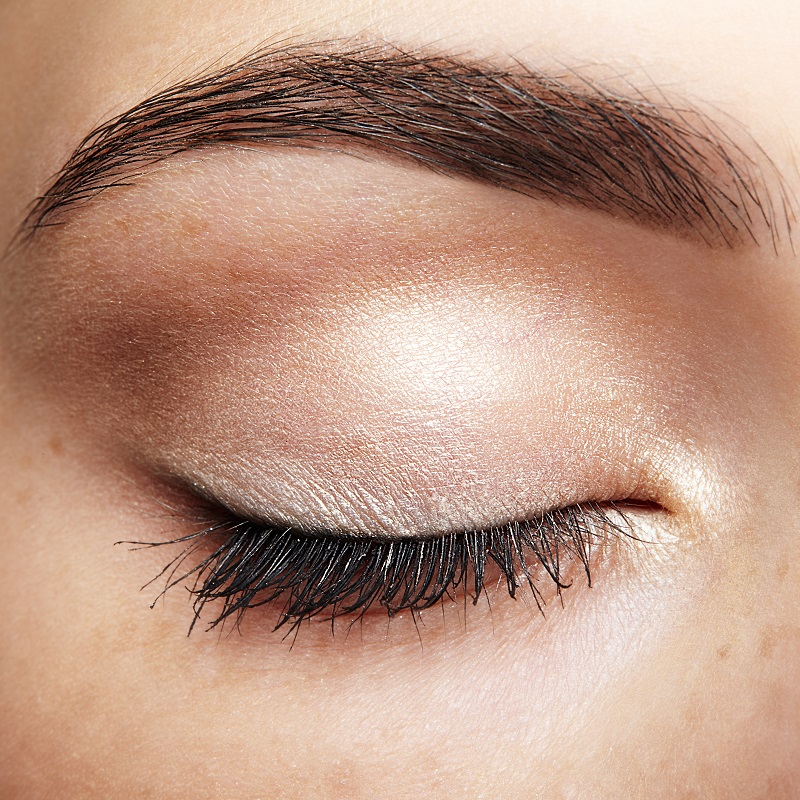
Blinking is something most of us do automatically without thought. Sometimes we blink because of external stimuli, like when an object comes close to our eye. Other times we blink because we are tired, or our eyes are experiencing fatigue. Why is blinking so important?
What Does Blinking Do?
Closing and opening your eyelid seems simple, but it serves an essential purpose. First, it cleans the eye by removing small particles that may have landed on it. It also helps moisturize eyes so that they don’t dry out.
Blinking is also part of our mental process. When you blink, it allows your brain to release attention on one thing and engage in cognitive activity. The act of blinking lets the brain assimilate what you are looking at. It gives us a brief mental rest while we observe and mentally process the world around us.
When Should I Blink?
Scientists estimate that the average person will blink between 15 and 20 times every minute. That totals as much as 1,200 times per hour or 28,8000 blinks per day. You should allow yourself to blink naturally.
There may be times when you need to blink more often. If you experience the discomfort of a foreign irritant in your eye, try blinking. The same goes for dry eyes.
People using computers for a prolonged period of time tend to blink 60% less. This can lead to dryness and strain. Remember to blink often when looking at a monitor or device screen. Also, practice the 20-20-20 rule: look at something 20 feet away for 20 seconds once every 20 minutes.
If you are experiencing eye irritation or dry eyes, please let us know. Schedule an appointment with one of our ophthalmologists at Grosinger, Spiegelman & Grey today.
Be Cool, Wear Shades: Protect Your Vision and Look Good Doing It

Sunglasses look cool. They come in numerous styles that it is easy to find a pair you love. There are classic cat’s eye and aviator frames as well as oval, rectangle, shield, and rimless designs. The key is finding a pair that offers 100% UVA and UVB protection for your eyes.
What Does the Sun Do to My Eyes?
Many learn at a young age that you are never supposed to look directly into the sun. It can cause damage to your retina that can lead to blindness. Even if you never stare into our favorite star, you can still be at risk for eye damage if you don’t wear sunglasses.
According to the National Eye Institute, approximately 20% of cataracts are caused by extended UV exposure. It can also worsen the symptoms of glaucoma.
Macular Degeneration causes a part of the retina, known as the macula, to deteriorate. This will impair vision and eventually lead to blindness. The U.S. National Library of Medicine published a study that found exposure to certain types of UV radiation can speed up macular degeneration.
Remember that you can experience sun damage on cloudy days. UV rays can pass through clouds, so you should still wear protection when it is overcast outside.
Finding the Right Sunglasses for Your Eyes
It is important to find the right type of sunglasses for your eyes so you will wear them and achieve the highest benefits. For example, surfers often wear wraparound shades for better sunlight protection next to the water. You may need something with a sturdy frame if you are playing a sport or working outdoors. Contact Grosinger, Spigelman & Grey today if you need a comprehensive eye exam before purchasing new prescription sunglasses.
Fireworks Eye Safety: Celebrate This Summer and Protect Your Vision
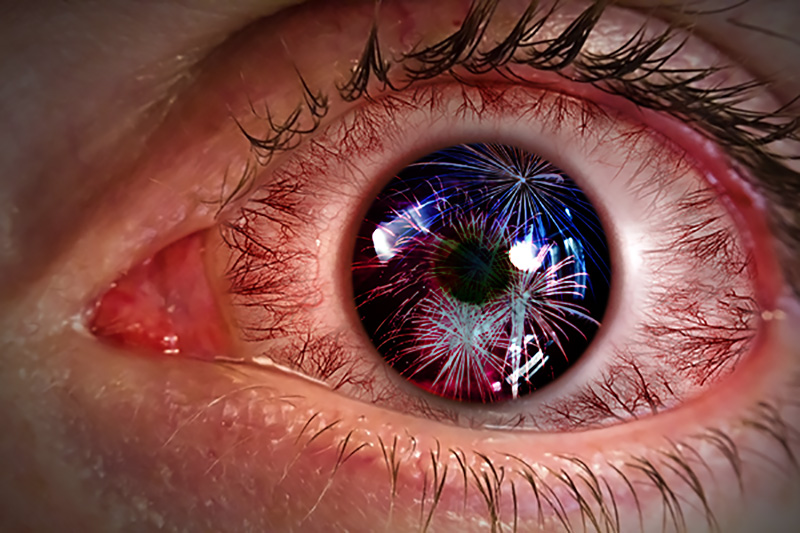
Summer is an exciting season. The weather gets warmer and people begin enjoying outdoor activities. One favorite family pastimes are setting off fireworks. They are most common around the beginning of July but are often enjoyed all summer long. That’s why it is so important to think about your eyes this month.
Fireworks-Related Eye Injuries Are Real
It is easy to dismiss stories of people being injured by fireworks as old wives’ tales, but the fact is that these incidents are very real. People can and do get hurt when using fireworks. Many times, the injury occurs due to a lack of safety measures while handling these festive explosives.
Nearly 11,000 people are rushed to the emergency room each year. Approximately 18% of these injuries involve the patient’s eyes. Eyes are the second highest area of injury next to skin burns. Out of those, bottle rockets cause 15% of all fireworks-related eye injuries.
While those statistics are concerning enough, parents and grandparents will be alarmed to learn that children under the age of 15 are the most frequently injured age group. Those harmless sparklers everyone loves to give kids make up around 10% of fireworks injuries.
What Can You Do to Protect Your Eyes This Summer?
You don’t have to give up fireworks completely. What can you do to protect your eyes and the eyes of those around you this summer?
- Plan to go to a professional firework display instead of setting up your own.
- When setting off fireworks, make sure everyone in the area wears safety glasses. Sunglasses or regular prescription glasses do not count.
- Never allow children to handle or be around fireworks unattended. Parents should be in the area to observe 100% of the time.
You can’t prevent every injury, but you can reduce the risk and reduce the severity of the injury if it happens.
Should I Fret about an Eye Twitch?

Eye twitching, also known as blepharospasm, is a condition that can affect one or both eyes. The lid will spasm every few seconds over the span of a minute or two. It’s painless and usually goes away on its own. While modern medicine hasn’t found a specific cause, many believe eye twitching is linked to caffeine intake, smoking, air pollution, stress, or fatigue.
What If My Eye Twitch Keeps Happening?
Some patients may experience eye twitching over a prolonged length of time – like days, weeks, or even months. This situation isn’t common but can be upsetting. It may be a sign of another condition like pink eye, dry eyes, inflamed eyelids, or light sensitivity.
In rare cases, some patients may have a nerve or brain disorder like Tourette’s syndrome, Parkinson’s disease, Dystonia, or Bell’s palsy.
Eye Twitching and Medications
Some prescription medications can cause eye twitching. The most common spasm-causing drugs are those used to treat epilepsy and psychosis. If you experience prolonged eye twitching, talk to your doctor about the side effects of any prescriptions you are currently taking.
When Should I Worry About Eye Twitching?
The good news is that most of the time, eye twitching is not a serious condition. It’s usually harmless and will eventually stop. However, if you notice excessive twitching or twitching that persists, you should talk to a professional to rule out a neurological condition.
Contact Grosinger, Spigelman & Grey ophthalmologists to schedule an appointment for a comprehensive eye exam.
